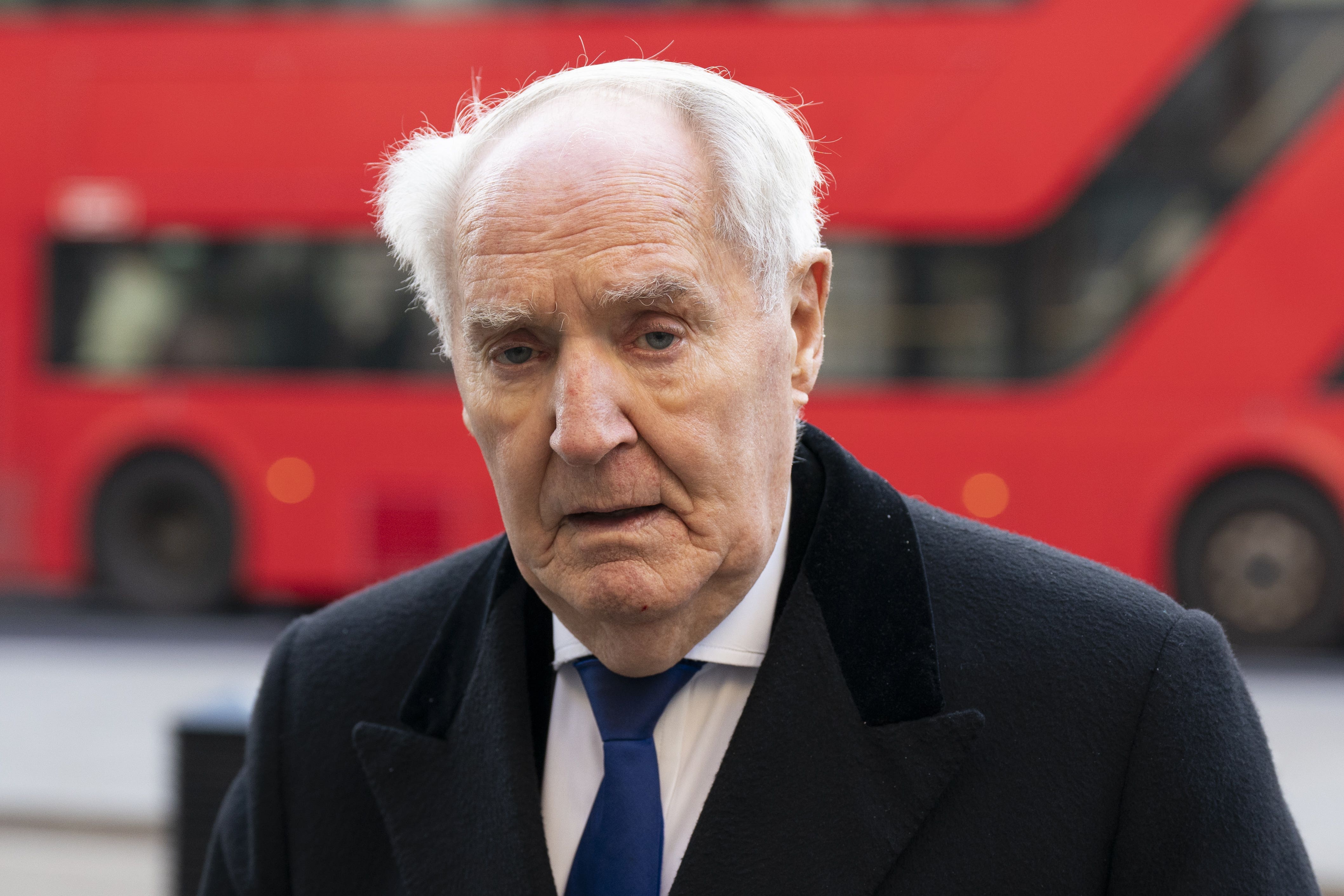Sir Frederick Barclay’s nephews could give evidence in divorce money fight
A judge ordered Sir Frederick to hand Lady Hiroko Barclay lump sums totalling £100 million in May 2021 following the breakdown of their marriage

Two nephews of retired businessman Sir Frederick Barclay could give evidence in his High Court fight over money with ex-wife Lady Hiroko.
A judge ordered Sir Frederick, 88, to hand Lady Hiroko Barclay, 80, lump sums totalling £100 million in May 2021 following the breakdown of their 34-year marriage.
Sir Jonathan Cohen, who has heard that money has yet to be paid, said then that Sir Frederick had behaved in a “reprehensible” fashion during the couple’s dispute.
Lady Barclay, who had petitioned for divorce on the grounds of unreasonable behaviour, has complained that Sir Frederick had not paid her as ordered – and alleged that he was in contempt of court.
The judge, who is overseeing the litigation at hearings in the Family Division of the High Court, said on Monday he wanted to hear from Sir Frederick’s nephews, Aidan and Howard Barclay, sons of his late brother Sir David Barclay.
He indicated that Aidan and Howard Barclay could give evidence about Sir Frederick’s “means” and issued witness summons.
Sir Jonathan ruled in July last year that Sir Frederick was in contempt as a result of failing to pay about £245,000 that he owed Lady Barclay for legal fees and maintenance.
He was then told at the last hearing, in February, that Sir Frederick had made a “proposal” in relation to the millions of pounds he owed, but no detail was given and the proceedings were adjourned.
Sir Frederick and his twin brother, Sir David , were among the UK’s most high-profile businessmen.
Sir David died aged 86 in January 2021.
Their interests included the Telegraph Media Group and The Ritz hotel in London.
The family also has links to the Channel Islands and Monaco.
Sir Jonathan has been told that Aidan Barclay and Howard Barclay now have day-to-day responsibility for “group business”.
The judge said they could “give evidence about the means of Sir Frederick” and said such a move could be a “constructive way forward”.
He said it appeared that their “enthusiasm” to “engage in correspondence with Sir Frederick and his advisers has been less than wholehearted”.
